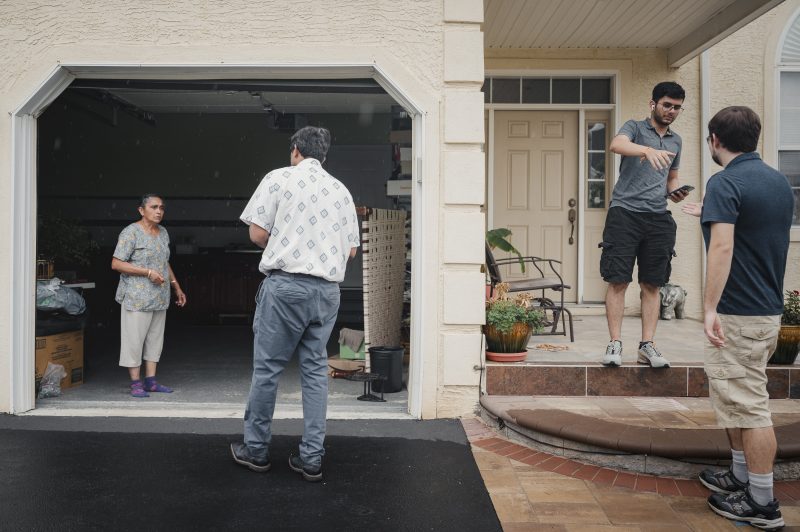
Kamala Harris Stirs Up Debate Among Indian Americans – How Will This Impact the Campaign?
The article below is a unique piece inspired by the content of the provided link.
In light of Kamala Harris’ historic candidacy as the Democratic vice-presidential nominee in the 2020 US elections, the Indian American community finds themselves in a state of conflict and introspection. Harris, who is of Indian and Jamaican descent, has garnered both support and skepticism from this diverse ethnic group residing in the United States.
One of the key points of contention is around the issue of representation. While many Indian Americans feel a sense of pride and connection to Harris due to her Indian heritage, others are wary of reducing her identity solely to her ethnic background. There is a concern that supporting Harris solely based on her Indian roots could overlook her policies, qualifications, and overall track record. Thus, the community finds itself navigating a delicate balance between celebrating representation and evaluating political competence.
Furthermore, Harris’ political positions have also sparked debate within the Indian American community. Some members applaud her progressive stance on issues such as healthcare, immigration, and racial justice, aligning with their own values and priorities. However, others express reservations about her prosecutorial record as a former attorney general of California, citing concerns about her approach to criminal justice reform and other policy decisions.
Additionally, the generational divide in the Indian American community contributes to the complexity of their sentiments towards Harris. Older generations, who may have experienced discrimination and barriers to success in the US, view Harris’ candidacy as a symbol of progress and a testament to the American Dream. On the other hand, younger Indian Americans, particularly activists and advocates for social justice, push for a more critical examination of Harris’ policies and actions, urging a deeper analysis of her impact on marginalized communities.
Despite the conflicting views among Indian Americans, one thing remains clear: Harris’ candidacy has sparked important conversations about representation, identity, and political engagement within the community. As the election season progresses, Indian Americans continue to grapple with their mixed feelings towards Harris, highlighting the diverse perspectives and complexities that exist within this growing demographic.
In conclusion, the Indian American community’s internal conflict surrounding Kamala Harris reflects broader societal discussions on diversity, politics, and the complexities of identity. As Harris continues to make history with her candidacy, Indian Americans navigate a nuanced landscape of pride, skepticism, and critical engagement, illustrating the multifaceted nature of their community’s response to this pivotal moment in American politics.
